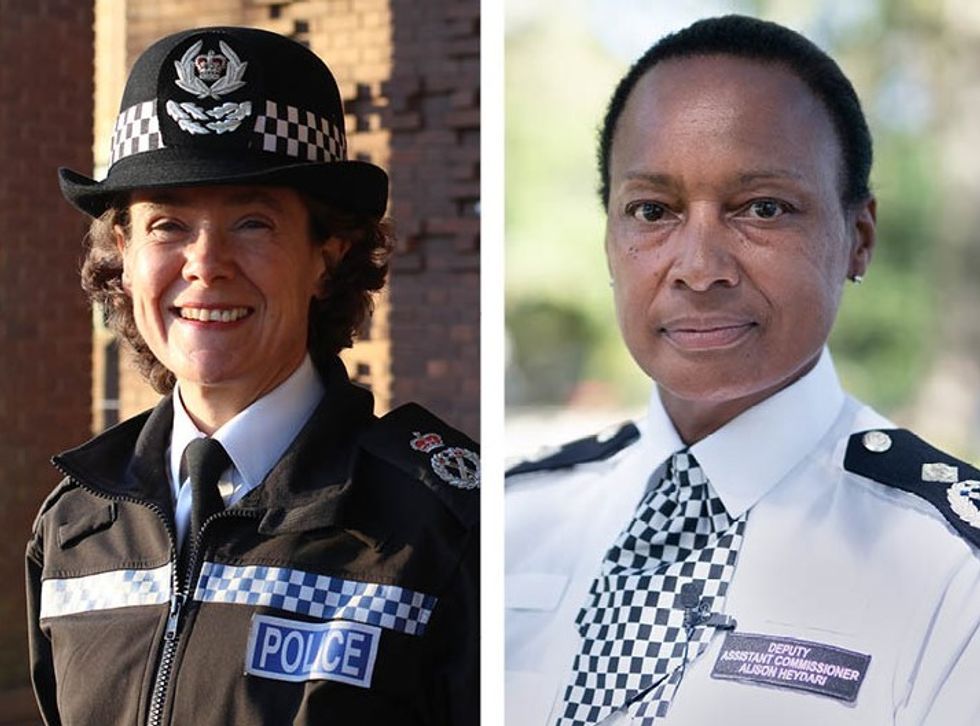THE scenes of disorder we have seen across the country over the past week have forged fear and disruption in too many of our communities.
This has been especially palpable for those people from black, Asian or other minority ethnic backgrounds.
It is a fear and unease we are desperately sad to say so many of you will recognise.
It goes without saying that everyone should be able to leave their homes, go to their places of worship and carry out their daily routines peacefully, without feeling threatened or in fear of being targeted because of who they are and what they believe in.
We are making it unequivocally clear that the police are standing with you.
We will take the most robust stance possible against violence, hatred and discrimination of any kind.
There is immense value in having diversity in our communities. We must continue to nurture the positive relationships that exist among people of different faiths and backgrounds.
Division and hate have no place in our society, and we know so many of our communities are supporting one another, standing side by side alongside our friends and neighbours against those trying to create divisions between us.

Police are and will continue to take robust action against anyone who is inciting fear and committing these shameful crimes.
Hundreds of people have been arrested for their part in the unacceptable scenes we have seen play out across the country, and I am sure many more will be brought to justice for their crimes.
Over the coming days you will see more officers patrolling the streets, who will take action if they see criminals intent on causing further violence and unrest.
We will also continue to connect with our faith-based communities and leaders to provide the best reassurance and support we can as a police service.
We reiterate: there is no place for hate in our society, and policing as a whole will do its utmost in supporting you and keeping you safe.
(Authors Chief Constable Rachel Kearton is the national police lead for race, inclusion, religion, and belief, and Deputy Assistant Commissioner Dr Alison Heydari is the Police Race Action Plan programme director.)




Comment: 'Division and hate have no place in our society'
Police pledge to supporting communities and keeping the public safe